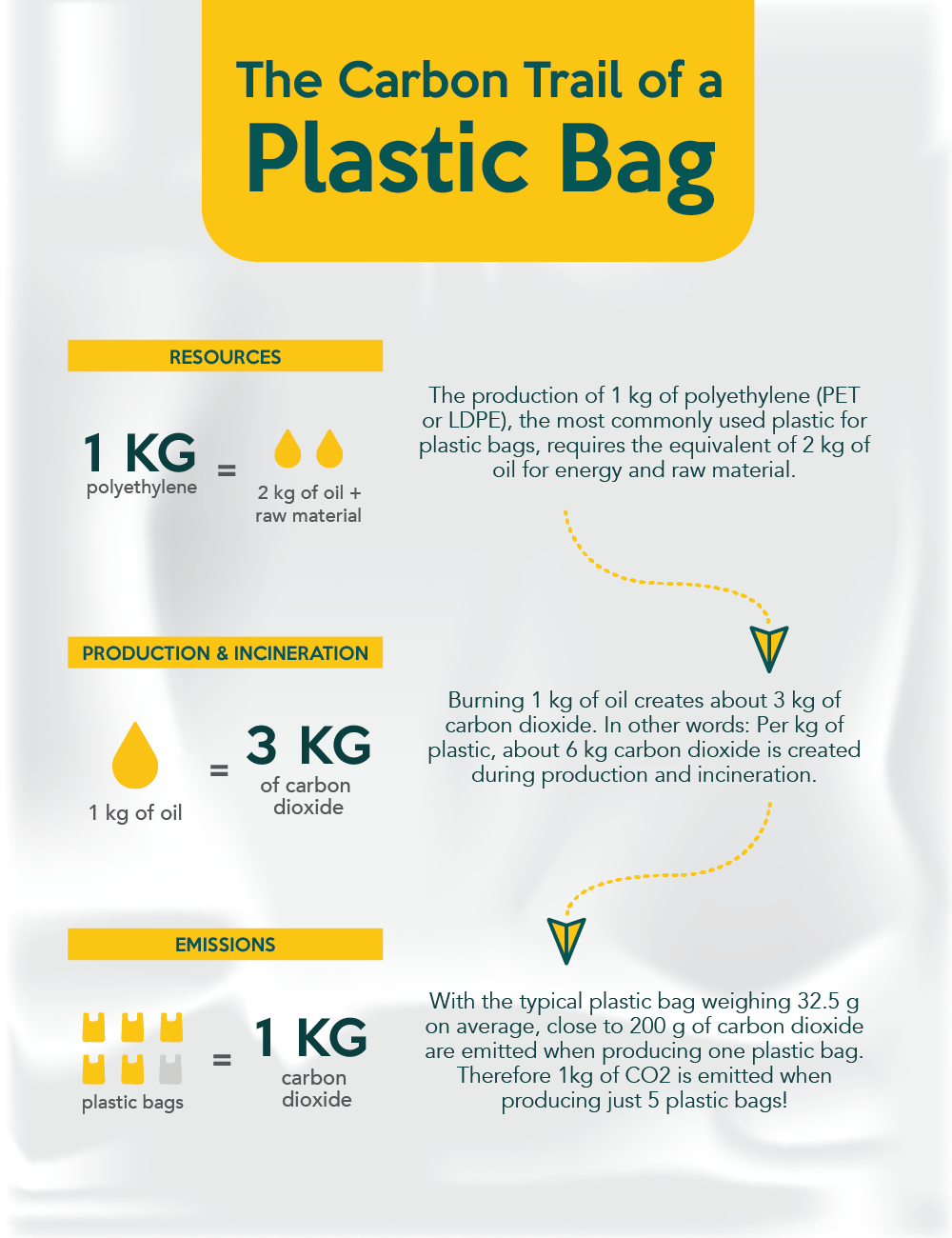Climate change is fast becoming a dooming reality, with 97% of climate scientists agreeing that human activity is driving a climate crisis across the Earth. Under the Paris Agreement, major nations around the globe agreed on a goal to limit warming to below 2°C by 2100. However, at our current rate of emissions, we’re likely to soar past 1.5°C (2.7°F) as early as 2030 and hit 3°C (5°F) by 2100.
The major contributor of greenhouse gas emissions is the burning of fossil fuels, and most of these emissions are generated during energy consumption in the plastic processing industry. The most used material in the world, plastic could also be considered the most dangerous, given the amount of pollution generated during its manufacturing, transportation and subsequently through its often improper disposal. Plastic is the biggest waste challenge humanity has ever faced and will need to solve in the future. This challenge will not only have to be tackled by consumers, but also by governments through legislation, much of which has already been enacted and will pave the way for sustainable businesses to disrupt the market.
Although most people do not associate plastic pollution with climate change, the amount of plastic that is disposed is directly correlated to its increased production, increasing carbon emissions exponentially. One million plastic bottles are sold around the world every minute and this number will jump another 20% by 2021. According to the Environmental Protection Agency (EPA), approximately one ounce of carbon dioxide is emitted for each ounce of polyethylene (PET) produced.

While economic interests still guide most government legislation across the world, there have been major changes introduced to ban the use of plastic waste. One example are microbeads, which are added to many beauty and cleaning products. These tiny bits of plastic reach the ocean and are confused as plankton by microorganisms, travelling through the ocean food chain, and increasing the odds that pollution-laden plastic makes its way to our dinner plates. While both the US and the UK have banned the use of microbeads in cosmetics and personal care products, single use plastic bags have so far only been taxed or banned in a handful of US cities such as Washington, Boston, San Francisco and Seattle. Countries like Australia, China and Chile have already gone one step further and banned all plastic bags, while the UK has placed a mandatory additional fee on single-use plastic carrier bags.
Plastic pollution is on its way to becoming a nightmare, and future cleaning and regulation efforts will not be a matter of choice but rather an obligation for governments and the private sector. With our beauty care brand, ViTA, we are committed to fighting plastic pollution by using the world’s first consumer packaging to be made entirely from 100% OceanBound recycled plastic. OceanBound plastic, sourced through our packaging partners Envision Plastics, is defined as plastic found in high-risk coastal areas where there is no formal collection system and plastic waste is most likely to enter and pollute the ocean. For this innovative packaging method, we were recently awarded the 2018 Sustainable Packaging Coalition’s (SPC) Innovator of the Year Award for Breakthrough Process.
At Primal, we are innovators creating economic, social and environmental value through sustainability. We believe in doing good through good business and that sustainable solutions will lead the business world of the future. We are committed to the constant creation and development of recycling policies that fight plastic pollution, not only through ViTA, but also by engaging local communities and implementing sustainable waste management practices on our agricultural plantations. We work with ECO+, a Brazilian company specializing in the collection and recycling of wastes, in order to recycle our disposals in a sustainable way and ensure our waste does not become pollution. Furthermore, we conduct regular “plastic challenges” that encourage our employees to collect PET bottles and reuse them across the plantation, teaching the community about how reducing, reusing, and recycling can benefit the environment by saving money, energy, and natural resources.
Primal is committed to a sustainable tomorrow from today, fighting climate change through our everyday practices and contributing to a better future through our business philosophy. Learn more about how you can become a part of our projects by clicking here.